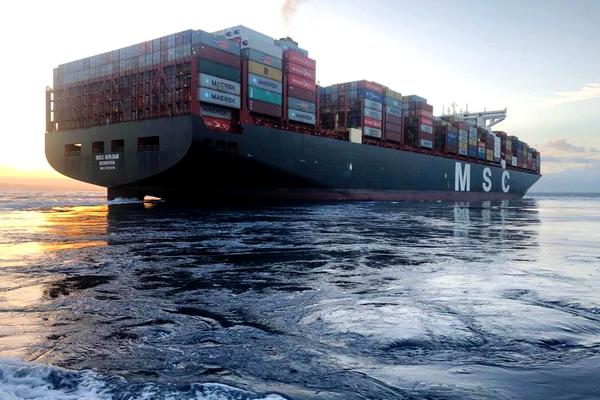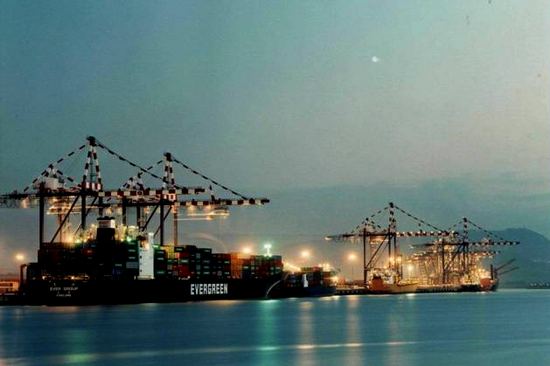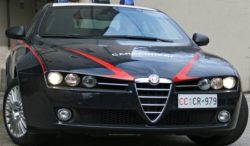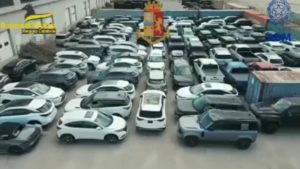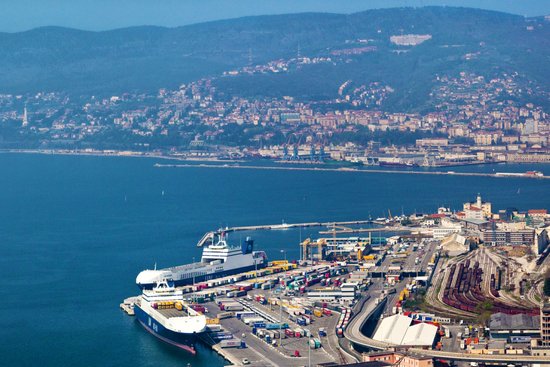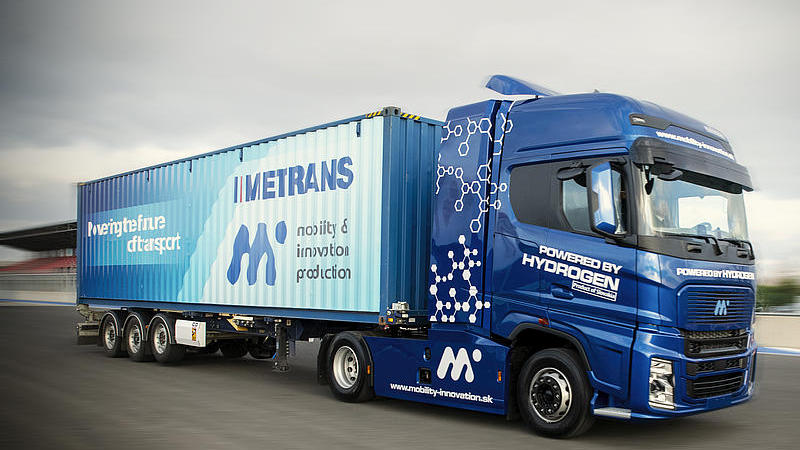Rigorous efforts by authorities have thwarted an international trafficking ring of luxury stolen cars destined for the Middle Eastern and African markets. A total of 251 vehicles confiscated at the Gioia Tauro port in the province of Reggio Calabria, packed in 483 containers.
These containers had traveled aboard 18 different cargo ships from Canadian ports in Toronto, Montreal, and Vancouver. After stopping at the Calabrian port, known for its anti-mafia operations, the containers were scheduled to be shipped to the ports of Al Khoms (Libya), Casablanca (Morocco), Mersin (Turkey), and Jebel Ali (United Arab Emirates) - countries where the entry and registration of foreign vehicles can occur without verified documentation.
The seizure's value exceeds €22 million, and inside one of the vehicles, C$7,650 in various denominations was also found. In Italy, as a transit country, the vehicles arrived with falsified identification data, often nearly perfect. According to the authorities, the proceeds from this trafficking were then reinvested in arms and narcotics trafficking by the various criminal organizations managing the illegal traffic.
The complex investigative activity was based on cross-checking transit and transportation commercial documents, verifying potential customs irregularities on entry declarations, and inspecting documents and identification plates. Participating in the operations were the Office of the Gioia Tauro Public Security Commissioner, Interpol, the Service for International Police Cooperation, the Highway Patrol, the Customs and Monopolies Agency, the Finance Police, and the Royal Canadian Mounted Police.
A similar incident was reported by agencies in June 2020, when the Italian State Police seized thirty stolen vehicles, totaling €1.5 million, ready to be shipped and resold in Turkey and Libya. In that case, too, the vehicles, valued between €50,000 and €100,000 each, had been stolen in Canada and transported by sea in containers on four different merchant ships.
The fact that two very similar operations were carried out almost four years apart suggests that trafficking is far from dismantled and has reignited attention on the Gioia Tauro port. Recently, public prosecutors in Reggio Calabria presented prison sentences ranging from 6 to 20 years for the 36 defendants in the Tre Croci trial, charged with mafia-style criminal association and international drug trafficking.
According to investigators, the organization originated from the cooperation between the 'Ndrangheta and Camorra, which manage a cocaine trade from South America to the Gioia Tauro port via cargo ships. The investigation also implicates 14 port operators accused of organizing fraudulent container management at the port, maneuvered to evade customs checks through the application of counterfeit seals, which should have guaranteed the integrity of the load."
Marco Martinelli




